Essential oils have been cherished for centuries for their therapeutic properties, aromatic allure, and diverse applications. Extracted from plants, these potent oils are natural remedies for various physical, emotional, and cosmetic needs.
What Are Essential Oils?
Essential oils are concentrated plant extracts obtained through methods like steam distillation, cold pressing, or solvent extraction. These oils capture the essence of a plant's fragrance and beneficial properties, making them highly versatile in aromatherapy, skincare, and wellness.
Popular examples include:
- Lavender: Known for its calming effects.
- Peppermint: Valued for its refreshing and energizing aroma.
- Tea Tree: Renowned for its antimicrobial properties.
The History of Essential Oils
The use of essential oils dates back thousands of years to ancient civilizations:
- Egyptians used oils for embalming, cosmetics, and rituals.
- Greeks and Romans incorporated them into medicine and baths.
- Ayurveda in India leveraged essential oils for holistic healing.
This enduring legacy highlights their profound cultural and medicinal importance.
Benefits of Essential Oils
Aromatherapy
Essential oils are widely used in aromatherapy to promote relaxation, alleviate stress, and enhance mood. For example:
- Lavender oil reduces anxiety and improves sleep quality.
- Citrus oils like orange and lemon uplift and energize.
Skin and Hair Care
Many essential oils contain antioxidants and antimicrobial properties, making them ideal for skincare and hair care:
- Tea Tree Oil: Treats acne and scalp issues.
- Rosehip Oil: Fights signs of aging and hydrates skin.
- Argan Oil: Nourishes and strengthens hair.
Pain Relief
Certain oils are effective in reducing pain and inflammation:
- Peppermint Oil: Relieves headaches and muscle tension.
- Eucalyptus Oil: Soothes joint pain and respiratory discomfort.
Immune Support
Oils like oregano and clove possess strong antimicrobial properties that support the immune system by fighting infections.
How to Use Essential Oils
- Diffusion: With the proper mixture, some essential oils can be safely used in diffusers.
- Topical Application: Dilute with a carrier oil (e.g., coconut or jojoba oil) and apply to skin or hair for targeted benefits.
- Baths: Mix with Epsom salts or a carrier oil and add to a warm bath for relaxation.
- Inhalation: Add a drop to a handkerchief or inhale directly from the bottle for quick relief.
- DIY Products: Incorporate oils into homemade candles, soaps, and cleaning solutions.
Safety Precautions
Essential oils are highly concentrated and must be used with care:
- Diffusion: Always use the proper essential oil and carrier oil mixture. Not all diffusers are compatible with pure essential oils. Some essential oils may cause irritation to the eyes, skin and respiratory system.
- Dilution: Always dilute essential oils with a carrier oil to avoid irritation.
- Patch Test: Test on a small skin area before widespread use.
- Internal Use: Consult a healthcare professional before ingesting any essential oils.
- Storage: Keep oils in a cool, dark place and out of reach of children and pets.
Embracing Nature: Unlocking the Benefits of Essential Oils
Essential oils offer a natural, versatile way to enhance health, beauty, and well-being. Whether you're diffusing calming lavender, applying nourishing tea tree oil, or experimenting with DIY blends, these botanical wonders provide endless possibilities. By understanding their benefits and using them safely, you can harness the power of essential oils to enrich your life.




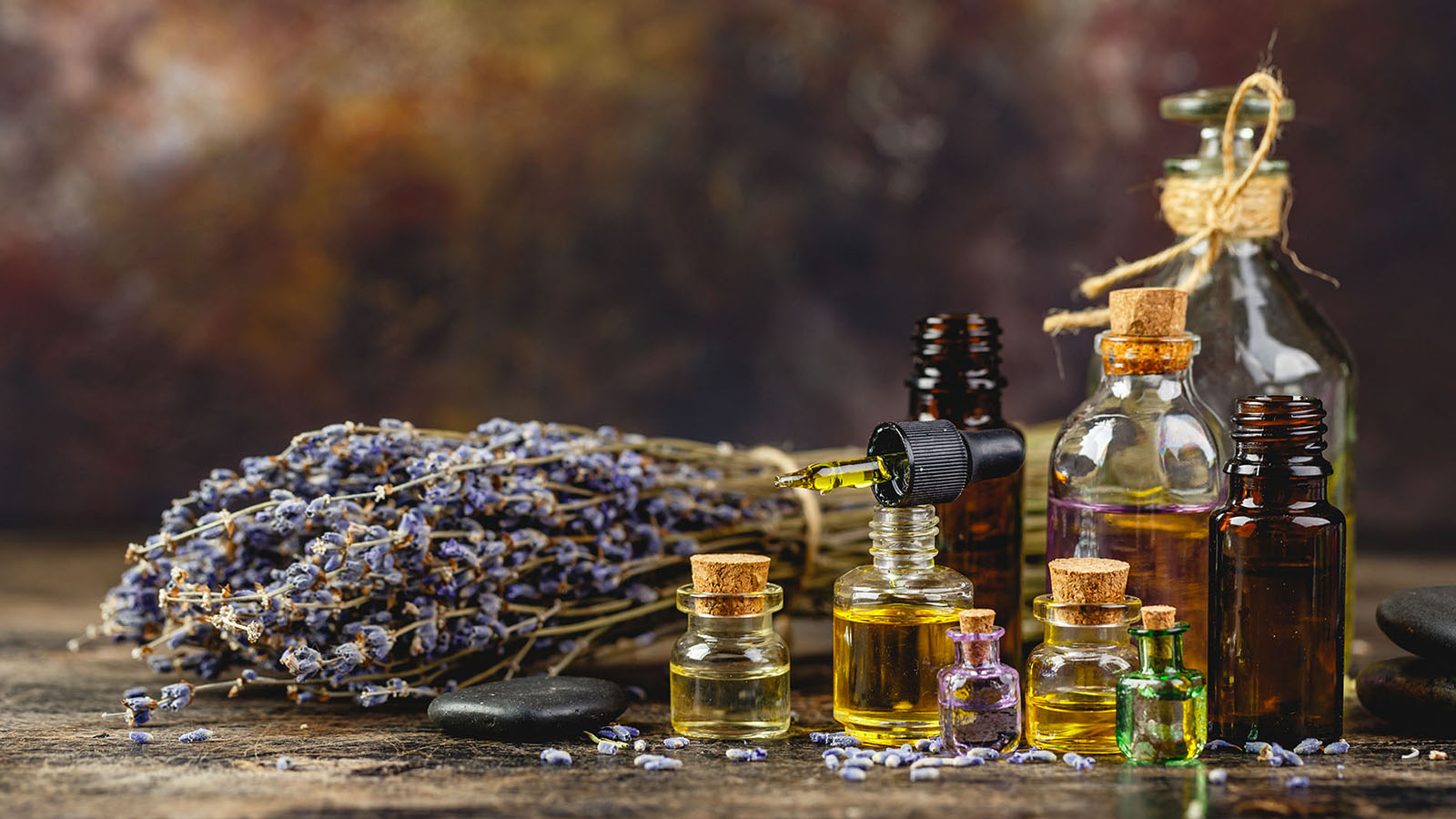


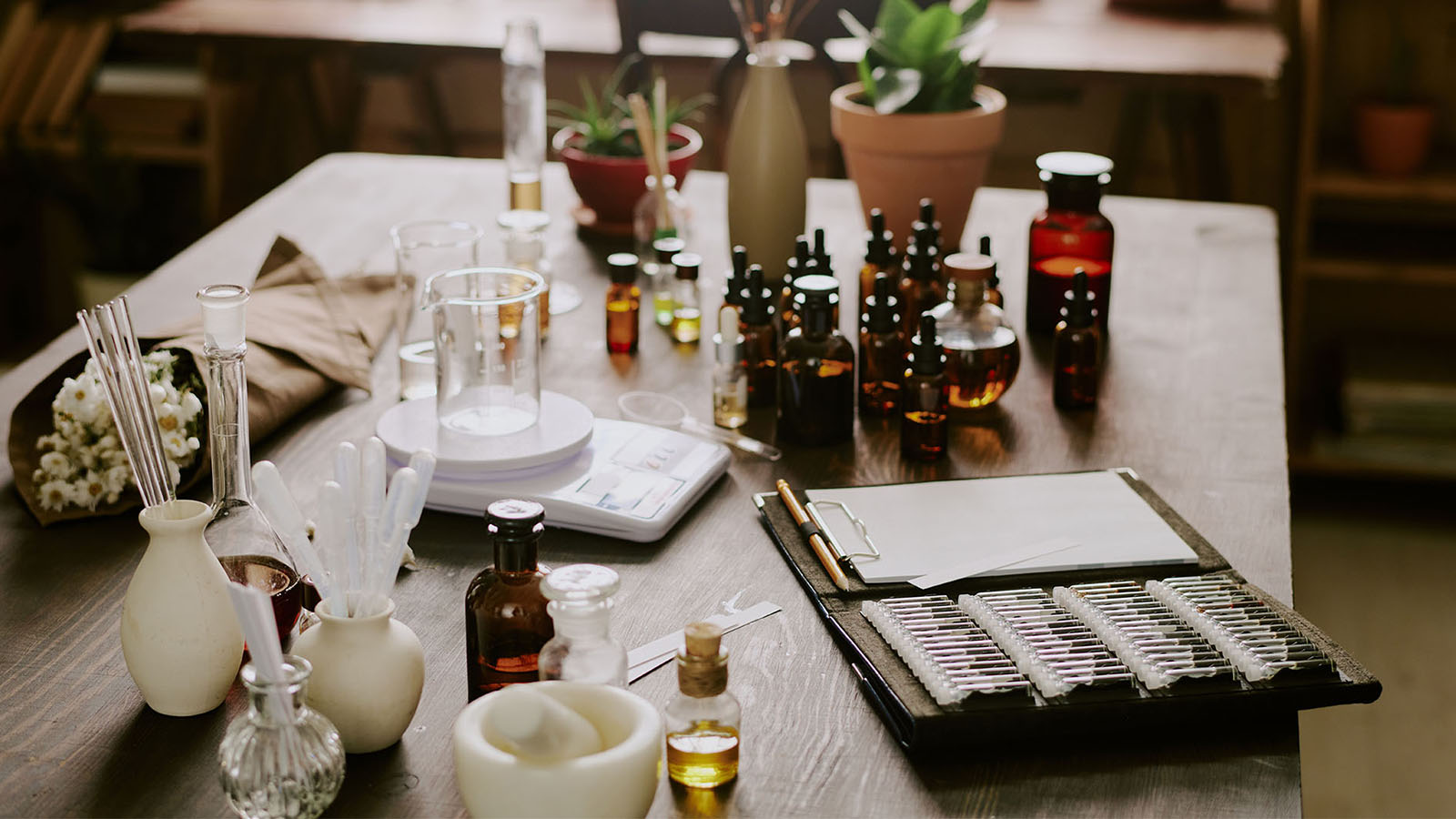
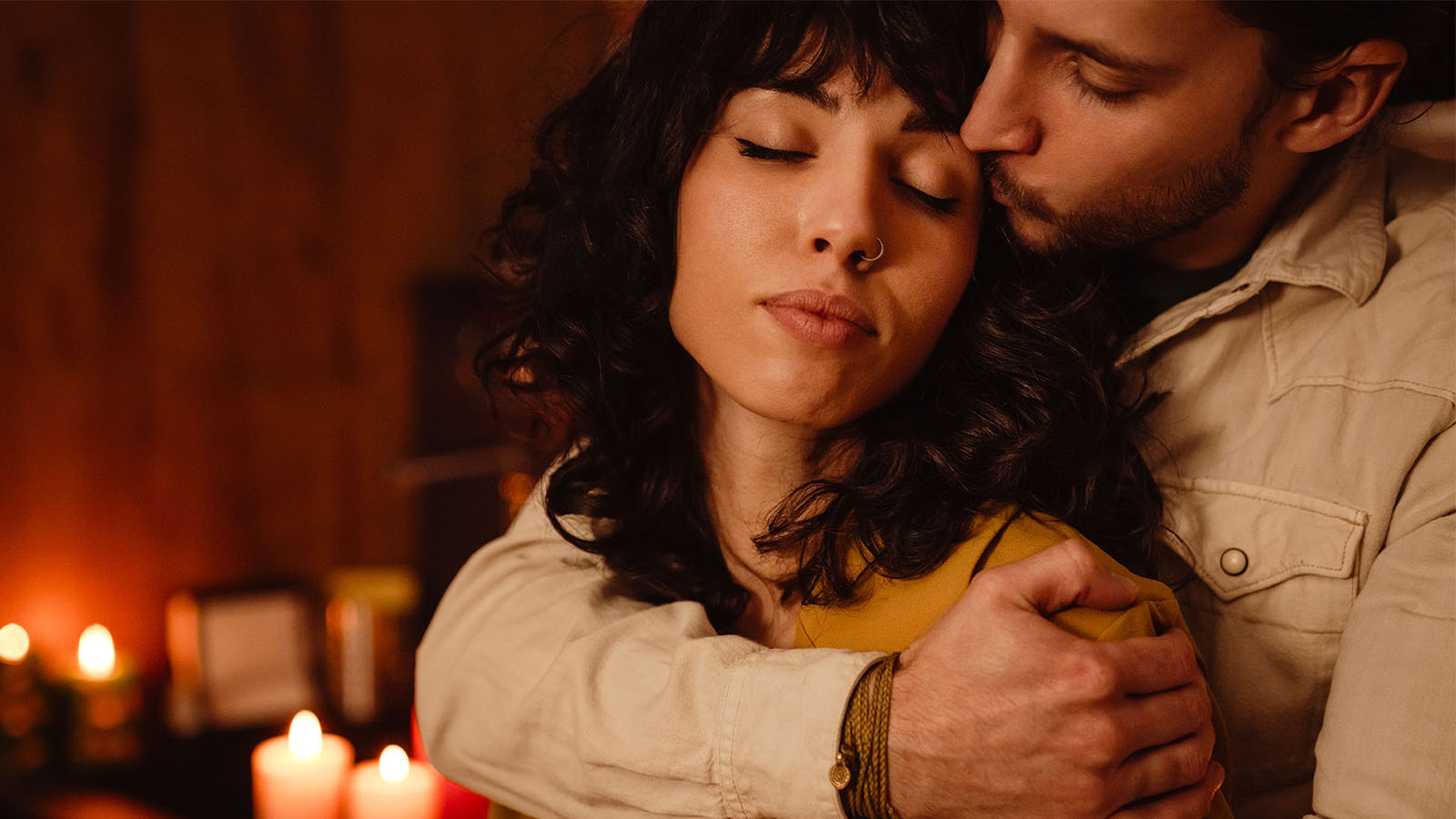
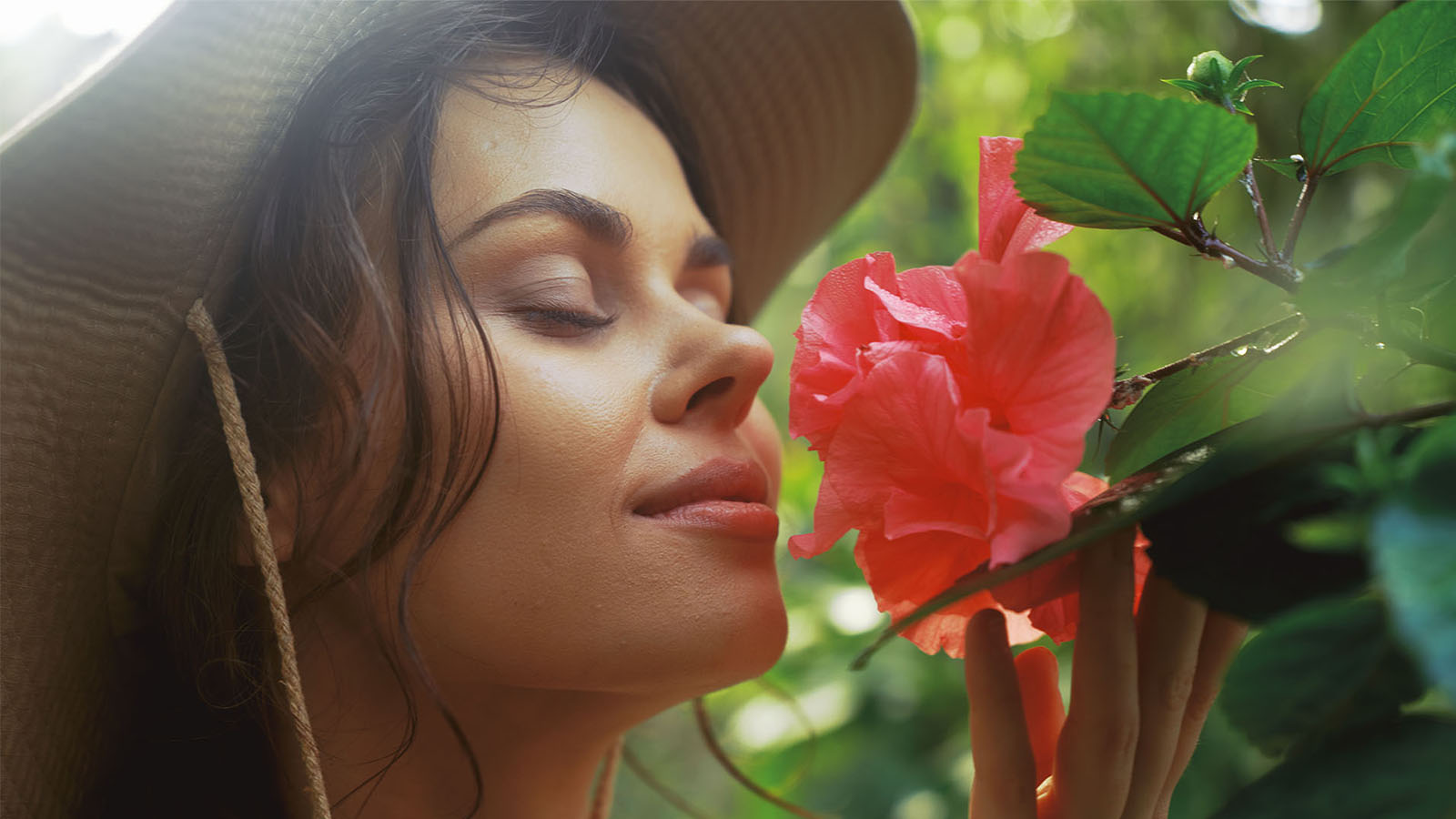
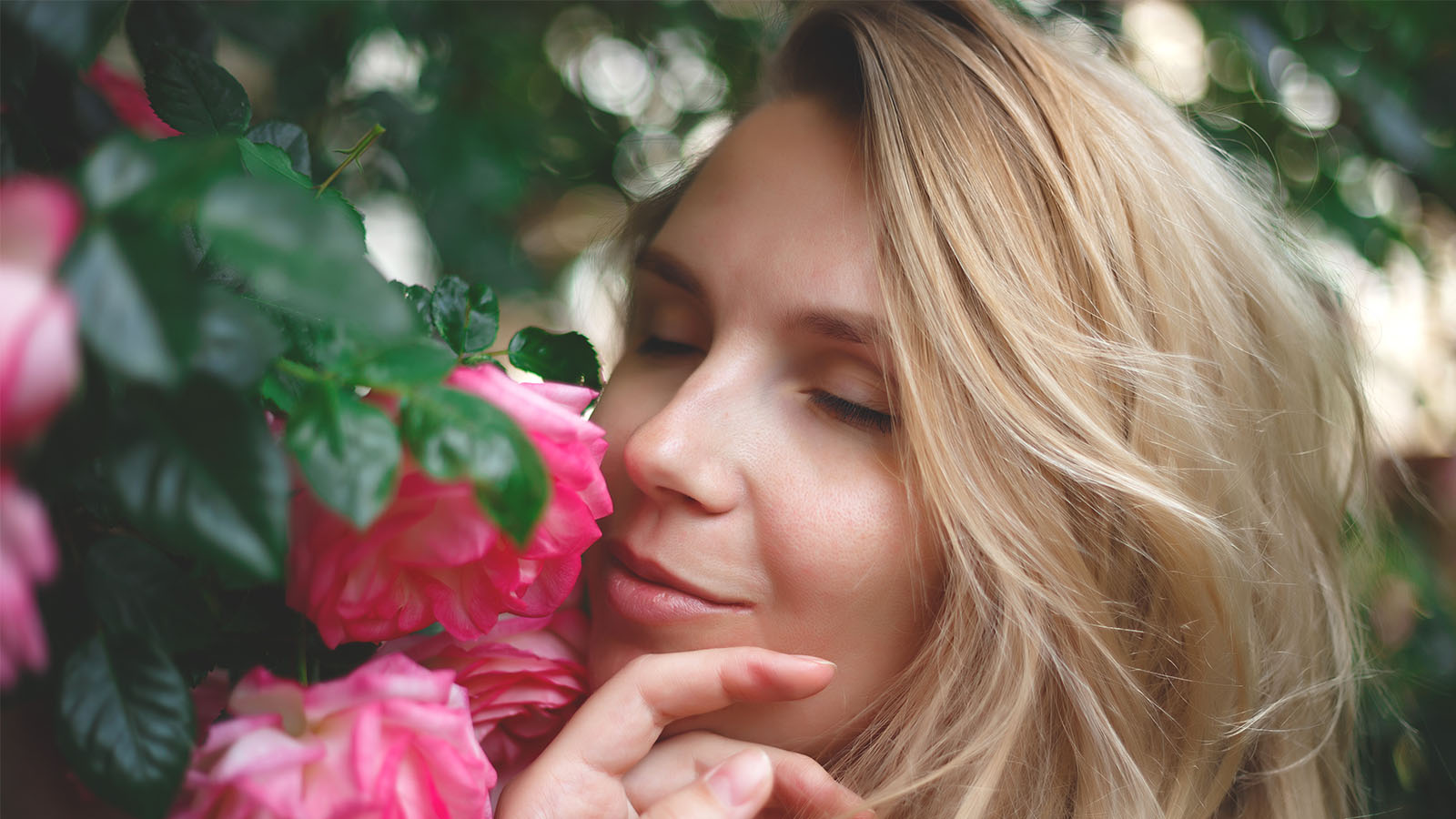
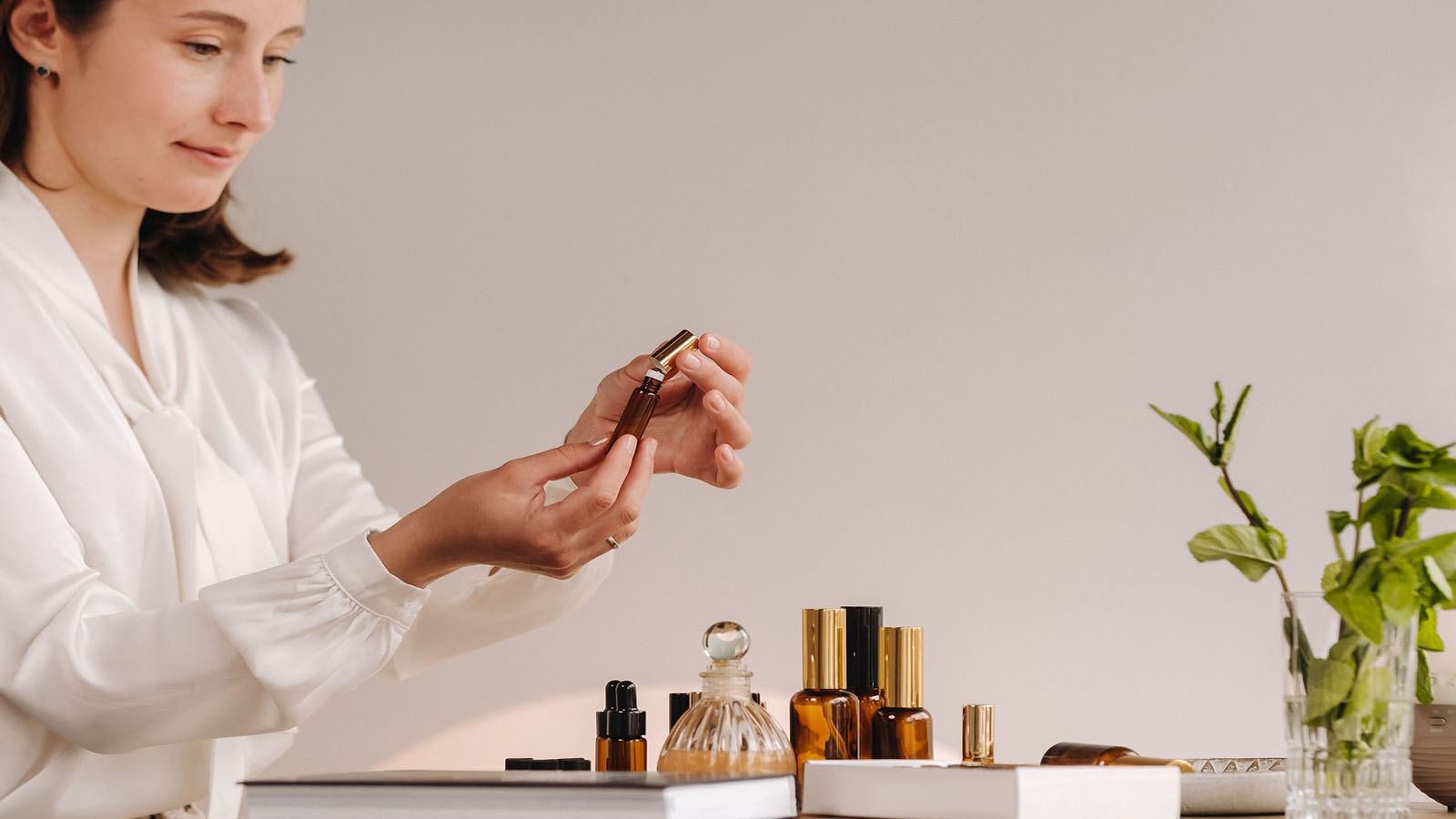




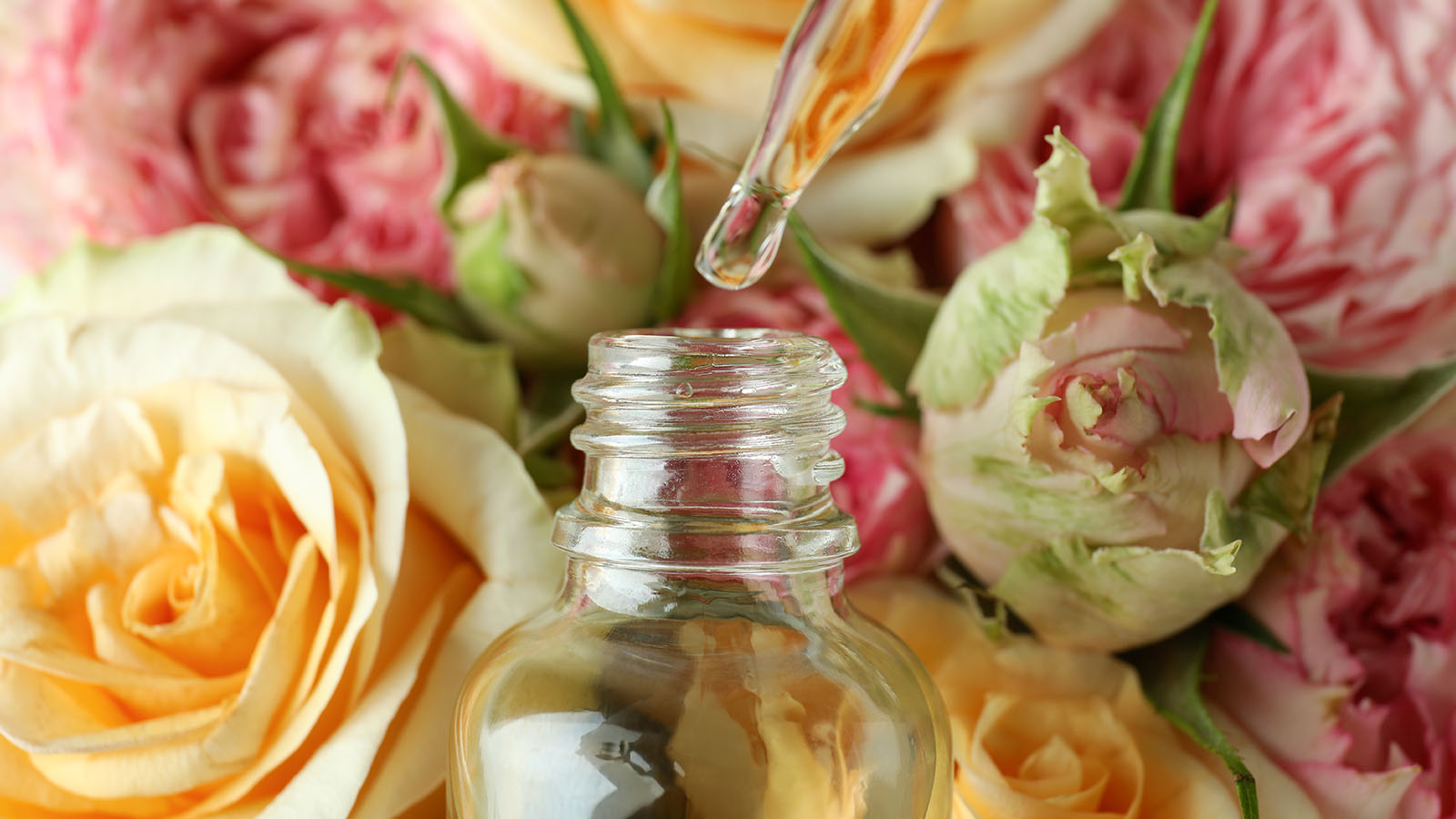
Share:
The Origins of Scenting: Ancient Rituals and Spiritual Practices
The Intriguing World of Olfaction: Understanding the Sense of Smell